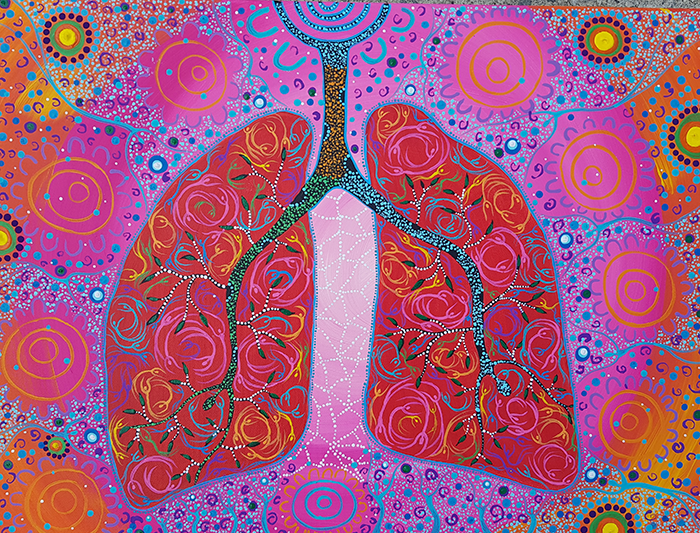Search
Research
Early lung surveillance of cystic fibrosis: what have we learnt?Newborn screening (NBS) for cystic fibrosis (CF) provides an opportunity to commence management and therapeutic interventions significantly earlier
Research
Respiratory function and symptoms in young preterm children in the contemporary eraPreterm children have worse lung function than healthy controls
Research
Perception of pediatric pain: A comparison of postoperative pain assessments between child, parent, nurse, and independent observerDifferences in the assessment of pediatric pain between children, parents, nurses, and independent observers in the acute postoperative setting
Research
The Global Lung Initiative 2012 reference values reflect contemporary Australasian spirometryWe aimed to ascertain the fit of the European Respiratory Society Global Lung Initiative 2012 reference ranges to contemporary Australasian spirometric data.
Research
Crowding and other strong predictors of upper respiratory tract carriage of otitis media-relatedWe investigated predictors of nasopharyngeal carriage in Australian Aboriginal and non-Aboriginal children.
Research
Prolonged use of wind or brass instruments does not alter lung function in musiciansRespiratory function impacts on musical expression for wind/brass (W/B) musicians. Investigation of musicians' respiratory health to date has rarely...
Research
Trajectories of prematurity-associated lung disease: lifelong lung healthPreterm birth is increasingly recognised as adversely influencing lifelong lung function. This Series paper on prematurity-associated lung disease reviews studies reporting longitudinal lung function measurements in individuals who were born preterm. Evidence suggests that preterm birth alters lung function trajectories from early life onwards, with implications for future respiratory morbidity. We propose that this population needs rigorous follow up that should include systematic monitoring of lung function across the lifespan, starting in childhood.

Healthy lungs help you to breathe better. This means you can sleep better, as well as play sports, run and walk without being short winded.
Research
Delayed airway epithelial repair is correlated with airway obstruction in young adults born very pretermNasal epithelial cells from young adults with a history of very preterm birth show delayed closure following scratch-wounding. Repair correlated with lung function, suggesting epithelial barrier integrity may play a role in preterm-associated lung disease.
Research
Exercise training to address lifelong consequences of preterm birth: a survey of perceived needsThe identification of a COPD etiotype associated with preterm birth (COPD-developmental) has expedited calls for intervention strategies that may improve health outcomes for survivors of preterm birth (<37 weeks' gestation). Pulmonary-rehabilitation style training interventions achieve physiological and symptom improvement in older people with COPD, but whether similar training interventions are suitable for young people is unclear. We sought to understand the perceived need and requirements of an exercise training intervention for children, adolescents and adults born preterm.
